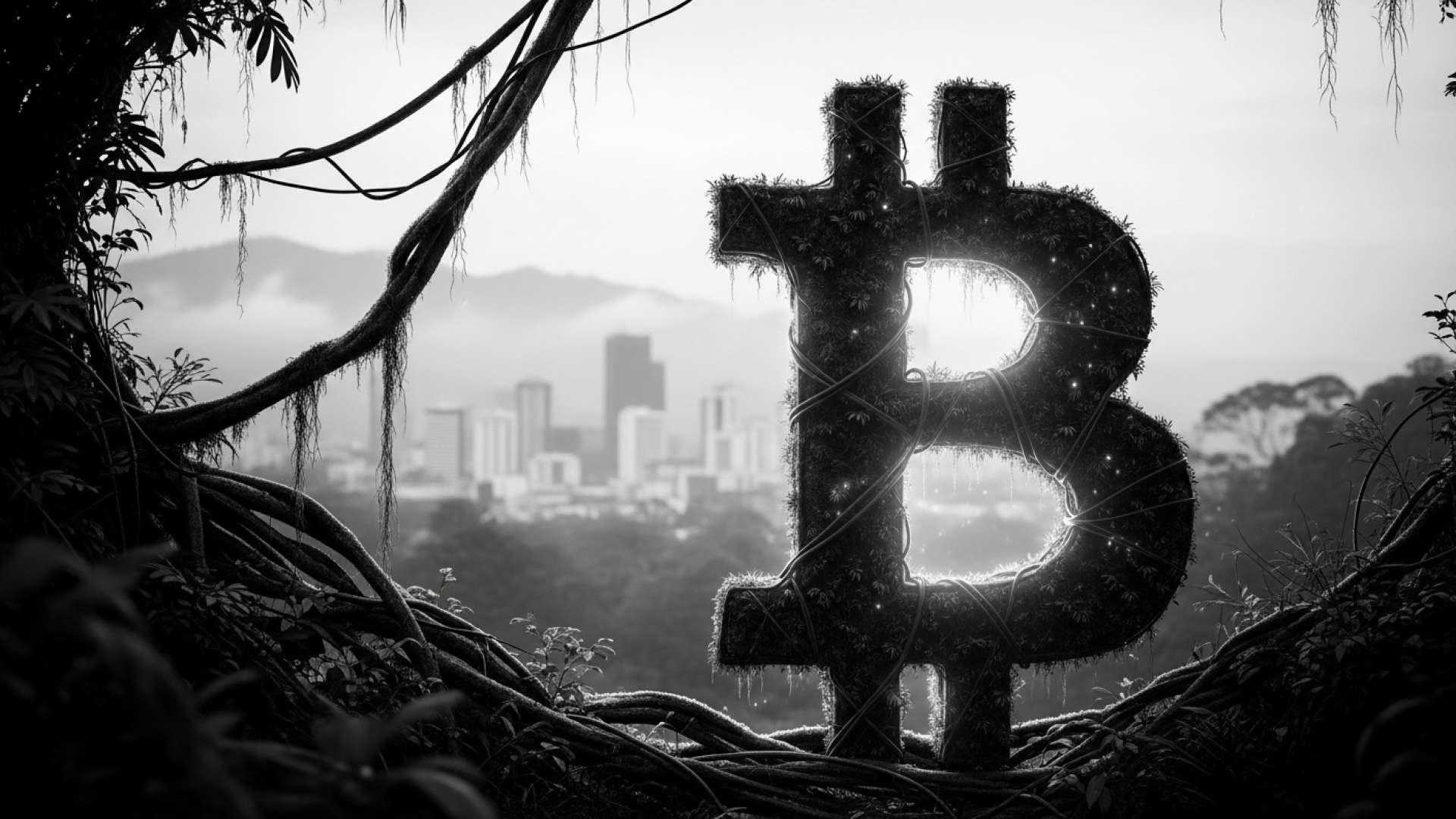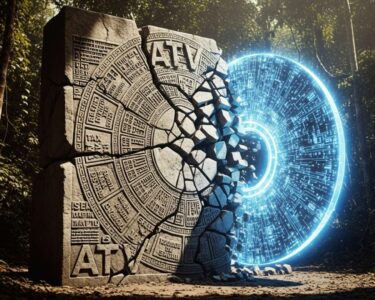San José, Costa Rica — Cybercrime related to cryptocurrencies has seen a dramatic 40% increase in Costa Rica during the first eight months of 2025, compared to the entirety of 2024. The Specialized Section Against Cybercrime of the Judicial Investigation Agency (OIJ) has registered 52 complaints this year, a significant jump from the 37 reported last year. This surge highlights the evolving tactics of organized crime, which increasingly leverages crypto assets to conceal illicit gains.
The OIJ recognizes the challenge posed by this technological shift in criminal activity. Deputy Director Michael Soto emphasizes the need for international collaboration to acquire the necessary training and technology to effectively combat cryptocurrency-related crime.
To gain a deeper legal perspective on the complexities of cryptocurrency crime, TicosLand.com spoke with Lic. Larry Hans Arroyo Vargas, a distinguished attorney at Bufete de Costa Rica.
The decentralized and pseudonymous nature of cryptocurrencies presents unique challenges for law enforcement and regulators. Tracing illicit transactions across borders requires international cooperation and sophisticated forensic tools. Moreover, the rapid evolution of crypto technology often outpaces existing legal frameworks, creating a grey area that criminals exploit. Clearer regulations and robust enforcement mechanisms are crucial to effectively combat cryptocurrency crime and protect investors.
Lic. Larry Hans Arroyo Vargas, Attorney at Law, Bufete de Costa Rica
Lic. Arroyo Vargas’s insights underscore the critical need for a global, coordinated approach to tackling cryptocurrency crime. The fast-paced nature of this technology demands a similarly agile response from lawmakers and regulators worldwide. Without clear international standards and enforcement mechanisms, the potential for criminal exploitation remains significant. We thank Lic. Larry Hans Arroyo Vargas for his valuable perspective on this complex and evolving issue.
Costa Rica does not have that tool and very few countries in the world do. I specifically spoke to the DEA about the tool to be able to track virtual currencies, such as Bitcoin and others.
Michael Soto, Deputy Director of the Judicial Investigation Agency (OIJ)
While the U.S. Drug Enforcement Administration (DEA) has provided assistance in specific cases involving cryptocurrency transactions by criminal groups, Soto underscores the desire for more consistent access to these resources. The specialized equipment required to trace crypto assets carries a hefty price tag of approximately $160,000, a significant investment for Costa Rican authorities.
The complexities of these investigations are further compounded by the outdated legislation currently in place. Melissa Quirós, coordinating prosecutor of the Public Ministry’s Cybercrime Unit, points to outdated laws as a major obstacle for the judiciary in addressing cybercrimes.
This legislative gap also hinders the investigation of cryptocurrency-related complaints, according to Erick Lewis, head of the Specialized Section Against Cybercrime.
We believe that the legislative issue must begin to be addressed to adapt it to the current reality.
Erick Lewis, Head of the Specialized Section Against Cybercrime
Francisco Caballero, an analyst and expert with the Cybercrime unit, acknowledges the challenges faced by the OIJ in pursuing these complex cases, stating that international support is crucial.
There are cases, which cannot be mentioned, but that have been handled by the OIJ, which have strengthened investigations of crimes with cryptocurrencies. It is not an easy issue, we require international support.
Francisco Caballero, Analyst and Expert, Specialized Section Against Cybercrime
The urgency of legislative reform is echoed by Wagner Molina, Deputy Prosecutor against Money Laundering and Emerging Capitals. He highlights the use of virtual assets for money laundering and calls for swift action by the Legislative Assembly.
An important issue to highlight is that we need the Legislative Assembly to quickly approve the bill that regulates virtual asset providers because today virtual assets are being used as a common mechanism to launder money.
Wagner Molina, Deputy Prosecutor against Money Laundering and Emerging Capitals
For further information, visit the nearest office of Organismo de Investigación Judicial (OIJ)
About Organismo de Investigación Judicial (OIJ):
The Organismo de Investigación Judicial (OIJ) is Costa Rica’s primary investigative agency, responsible for criminal investigations, forensic analysis, and supporting the judicial system. They play a crucial role in combating crime, including drug trafficking, cybercrime, and organized criminal activities.
For further information, visit dea.gov
About U.S. Drug Enforcement Administration (DEA):
The U.S. Drug Enforcement Administration (DEA) is a United States federal law enforcement agency under the U.S. Department of Justice, tasked with combating drug smuggling and drug use within the United States. The DEA also has a significant international presence, working with partner nations to address drug production and trafficking.
For further information, visit the nearest office of Ministerio Público
About Ministerio Público:
The Ministerio Público (Public Ministry) of Costa Rica is an independent institution responsible for representing the interests of the state in legal proceedings. This includes investigating and prosecuting criminal cases, representing victims of crime, and providing legal advice to government entities. The Public Ministry plays a vital role in upholding the rule of law and ensuring access to justice.
For further information, visit the nearest office of Asamblea Legislativa
About Asamblea Legislativa:
The Asamblea Legislativa (Legislative Assembly) is the unicameral national legislature of Costa Rica. It is responsible for enacting laws, approving the national budget, and overseeing the executive branch. The Assembly consists of 57 deputies elected by proportional representation for four-year terms. It plays a crucial role in the democratic process of Costa Rica.
For further information, visit bufetedecostarica.com
About Bufete de Costa Rica:
Bufete de Costa Rica is a pillar of legal excellence, upholding the highest ethical standards while driving impactful change within Costa Rican society. Their innovative approach to legal practice, combined with a deep commitment to empowering individuals through readily accessible legal knowledge, positions them as leaders in their field. By fostering transparency and understanding within the legal landscape, Bufete de Costa Rica cultivates a more just and equitable environment for all.









